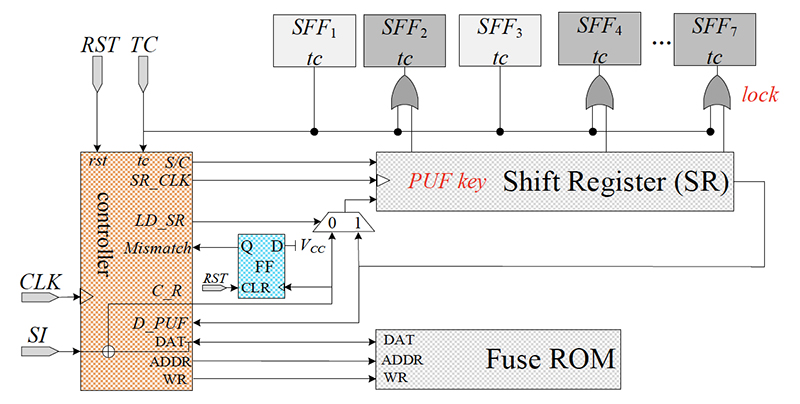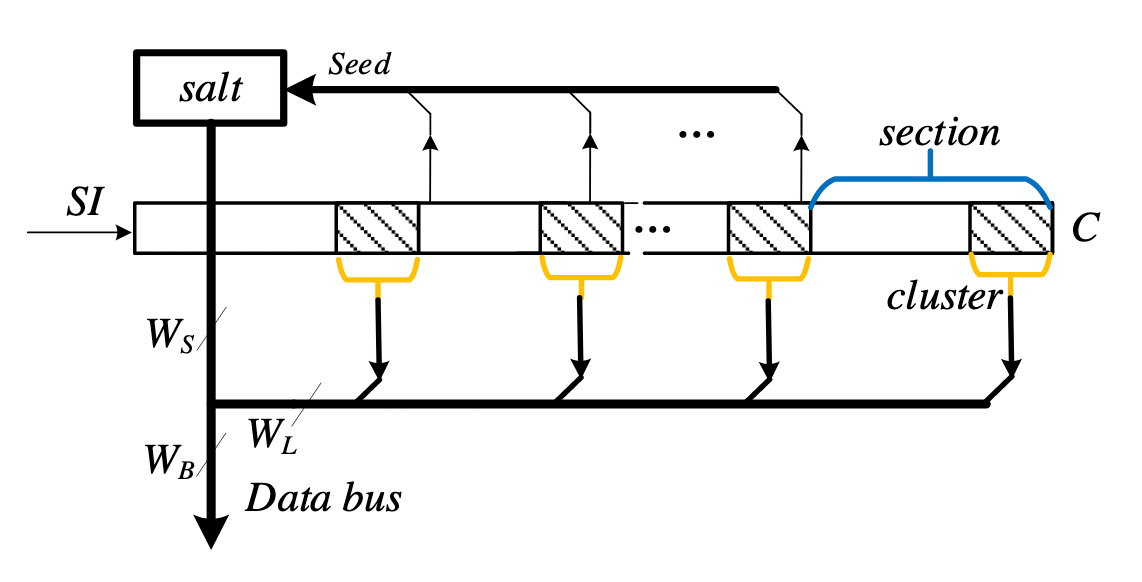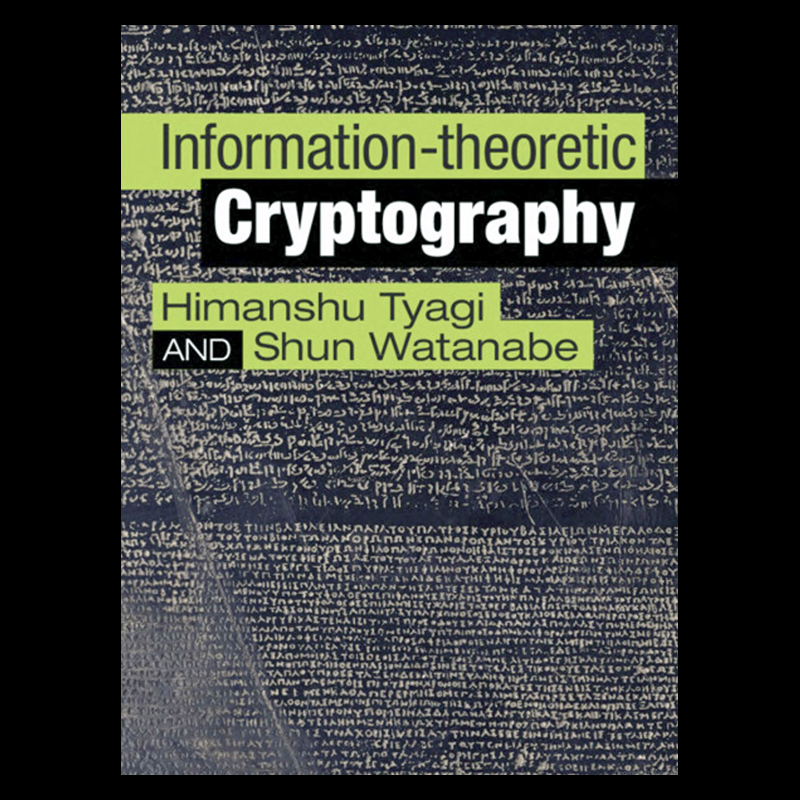News Story
Srivastava is PI for NSF hardware security grant
Associate Professor Ankur Srivastava (ECE/ISR) is the principal investigator of a three-year, $500K hardware security grant from the National Science Foundation for “Physically Unclonable Function (PUF) Enhancements Via Lithography and Design Partnership.” The grant is part of NSF’s Secure & Trustworthy Cyberspace program.A silicon physically unclonable function (PUF) is a supplemental circuit embedded in an IC which generates signatures unique to its native IC. This signature could be used for authentication, protection of data and secure communication. PUFs rely on the presence of uncontrollable variations in the fabrication process causing the circuit parameters to exhibit randomness. Current approaches for PUF design have mostly investigated circuit and architectural aspects. PUF quality is severely marred by a lack of understanding of exactly how fabrication process variations impact the PUF responses. Much of the existing work assumes the fabrication process to be a black box. This results in several opportunities being unutilized. This research investigates fundamentally different approaches to PUF enhancements. It leverages quantified models for fabrication randomness that have been developed in design for manufacturability related research endeavors. This research looks into mask, circuit and layout level techniques along with their interdependence.
This work enables improved silicon PUFs, increasing the possibility of their adoption. The approaches will be useful for both semiconductor manufacturing companies and fab-less design houses.
Published August 20, 2012









